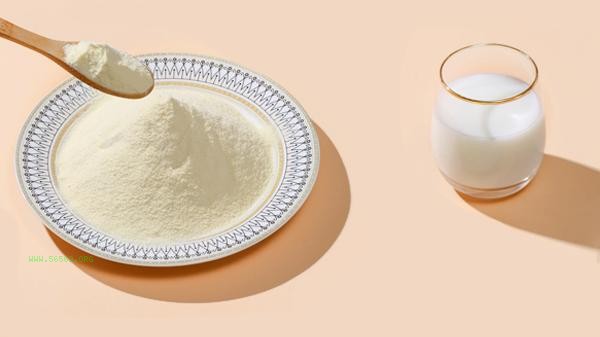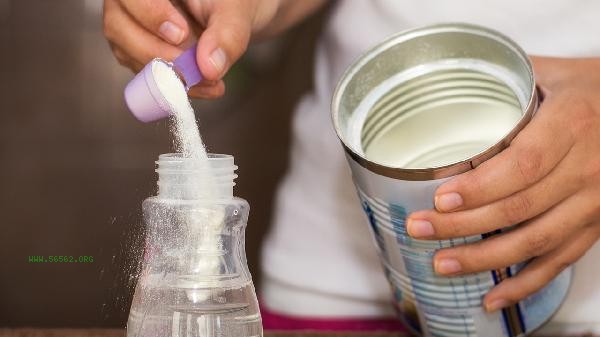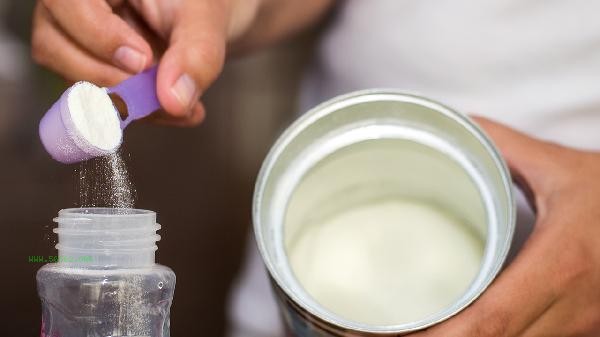The choice of milk powder for the elderly should be determined based on individual nutritional needs and health conditions. Common types include high calcium milk powder, low-fat milk powder, sugar free milk powder, high protein milk powder, probiotic milk powder, etc.

1. High Calcium Milk Powder
High calcium milk powder is suitable for elderly people with osteoporosis or insufficient calcium intake. Calcium helps maintain bone health and prevent the risk of fractures. Some products add vitamin D to promote calcium absorption, but those with renal insufficiency need to choose carefully.
2. Low fat milk powder
Low fat milk powder is suitable for elderly people with hyperlipidemia and cardiovascular disease. By reducing fat content and calorie intake, while retaining core nutrients such as protein and calcium, it is important to avoid long-term consumption that can lead to a deficiency of fat soluble vitamins.
III. Sugar free milk powder
Sugar free milk powder is designed for the elderly with diabetes or poor blood sugar control, and sugar substitutes are used instead of sucrose. When making a choice, attention should be paid to the total amount of carbohydrates rather than just whether they contain sugar. Those with gastrointestinal disorders should avoid products containing sugar alcohols.

4. High protein milk powder
High protein milk powder is suitable for elderly people who have postoperative recovery or muscle decay. High quality protein can help with tissue repair, but individuals with reduced kidney function need to control their intake to avoid exacerbating the metabolic burden on the kidneys.
V. Probiotic Milk Powder
Probiotic milk powder can help improve the balance of gut microbiota and alleviate common constipation problems in the elderly. When choosing, attention should be paid to the activity and dosage of the strain. For those with low immunity, it is recommended to consult

before use. For elderly people, it is recommended to conduct a nutritional assessment before choosing milk powder, and prioritize formulas that enhance trace elements such as vitamin B, magnesium, and zinc. When brewing, the water temperature should not exceed 50 ℃ to avoid nutrient damage, and the daily consumption should be controlled at 300-500 milliliters. Patients with combined chronic diseases should choose special medical formula milk powder under the guidance of a doctor or nutritionist to avoid self supplementing nutrients that may interfere with the effectiveness of the medication. Daily diet should still focus on natural foods, and milk powder should only be used as a nutritional supplement.




Comments (0)
Leave a Comment
No comments yet
Be the first to share your thoughts!